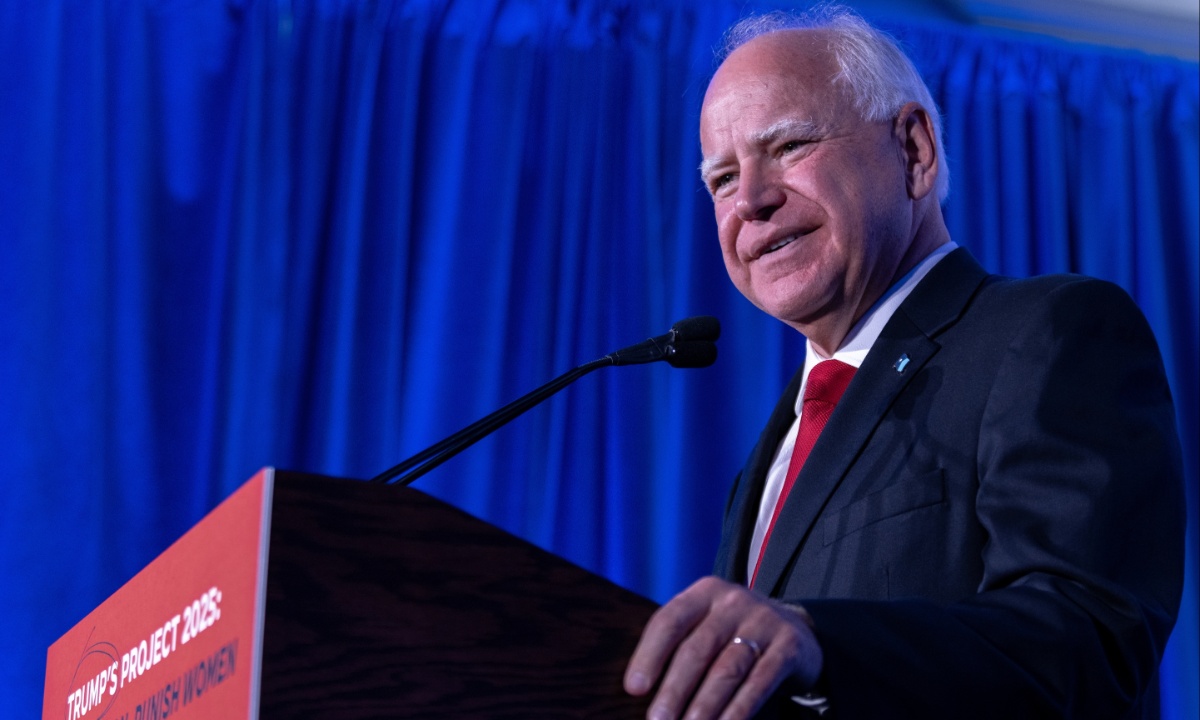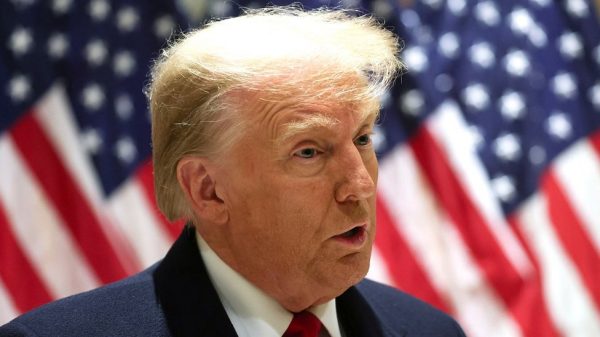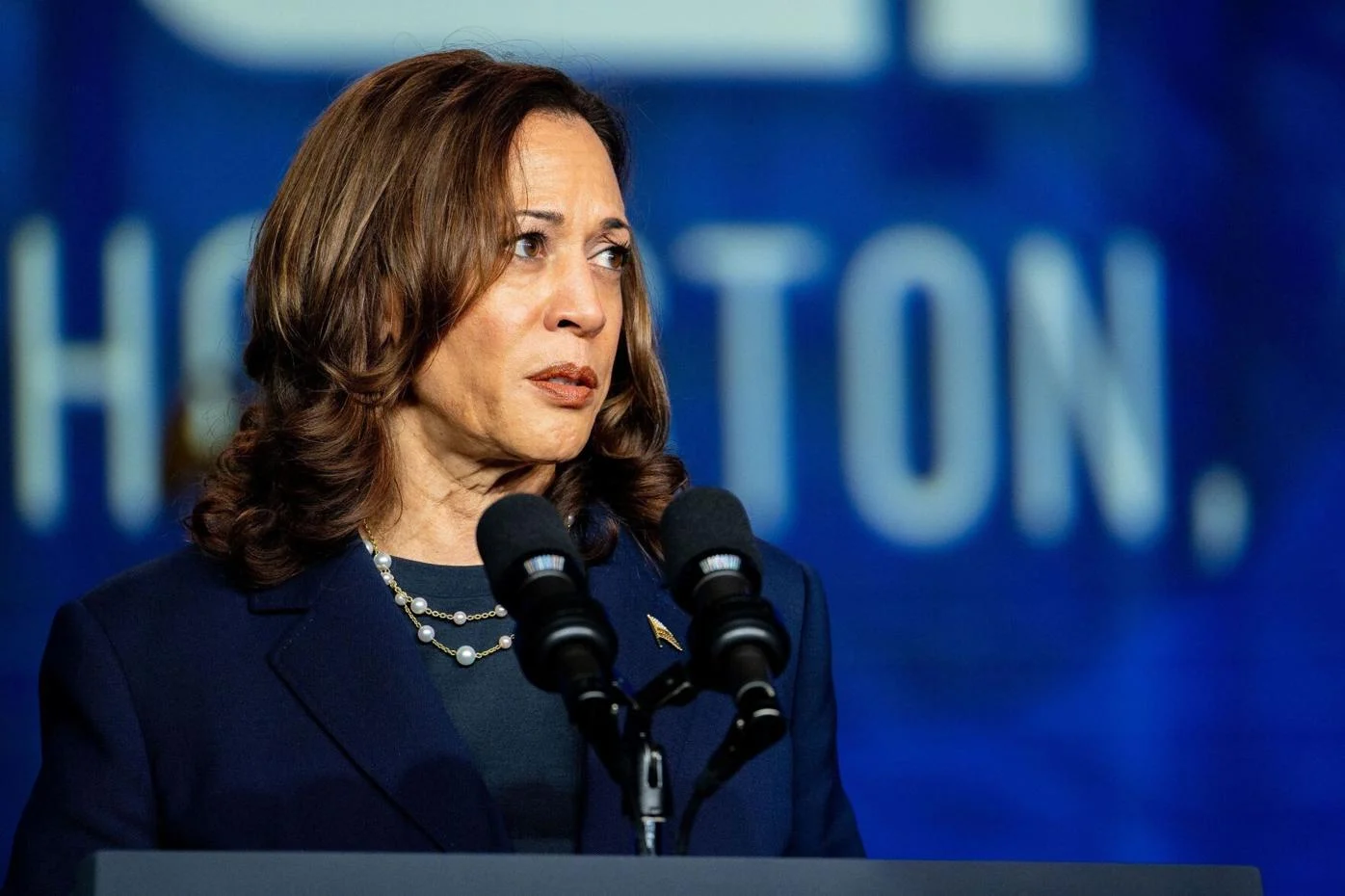Kamala Harris, the Democratic presidential candidate for the 2024 election, has selected Minnesota Governor Tim Walz as her running mate. This decision could significantly impact the crypto industry due to Walz’s well-known stance on strict U.S. crypto regulations. While Harris’s views on cryptocurrency remain unclear, Walz’s history in Congress suggests that a Harris administration might adopt a more rigorous regulatory framework for the crypto sector.
If Harris and Walz win, the crypto industry might face increased regulation. Walz’s track record includes signing legislation that imposes limits on daily transactions at crypto kiosks and introduces protections against fraud, reflecting his cautious approach to crypto.
These measures aim to safeguard consumers from scams but could also result in higher compliance costs and potential barriers to innovation in the Web3 space, affecting startups and investors alike.

Tim Walz
In contrast, Donald Trump and his vice-presidential pick, JD Vance, present a much more crypto-friendly platform. Trump has made bold promises to turn the U.S. into a global leader in cryptocurrency, including proposals to fire the current SEC chairman, Gary Gensler, who has been tough on the industry.
Trump’s advocacy for crypto has already influenced market trends, such as Bitcoin’s price increase following Biden’s exit from the race, signaling his potential impact on the industry if elected.
Financially, Trump’s pro-crypto stance has attracted considerable support, raising millions in crypto donations, although Harris has outpaced him overall in campaign contributions. Trump has even suggested establishing a Bitcoin reserve to address the U.S. national debt, though the feasibility and impact of such a move are debatable given the current size of the crypto market.
The 2024 election presents a clear choice for the future of crypto in the U.S. A Trump victory could lead to a more permissive environment for crypto investments and innovation, while a Harris win might result in tighter regulations designed to protect consumers but potentially at the cost of slowing the industry’s growth. The outcome of the election will be crucial in determining the trajectory of the U.S. crypto landscape.









































